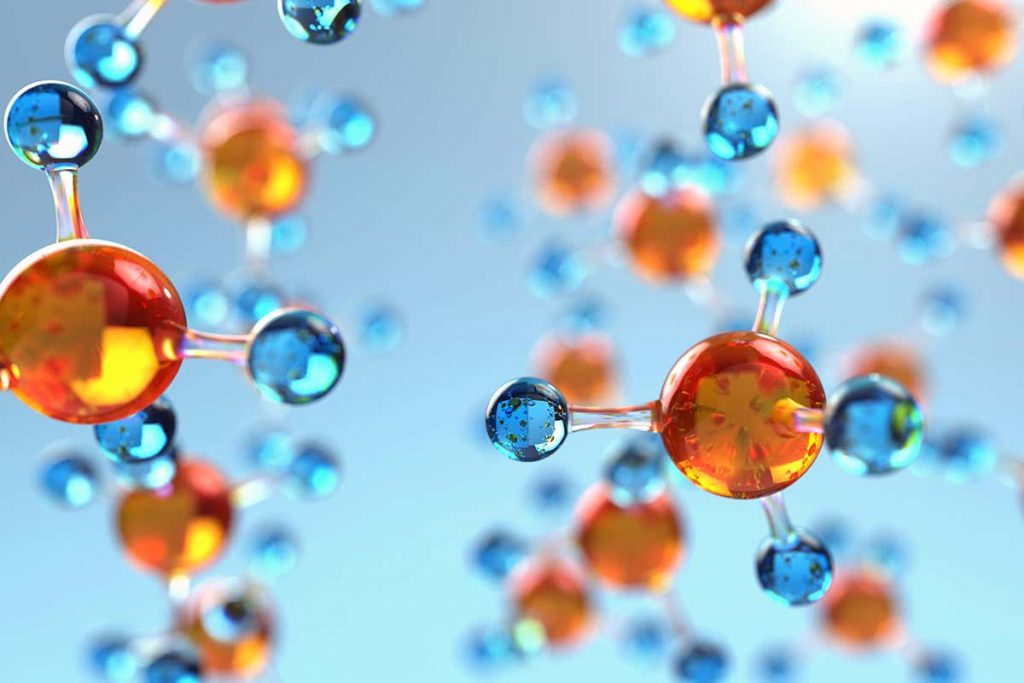Specialty chemicals are a diverse group of chemical products that are used in a wide range of industries, from pharmaceuticals and cosmetics to agriculture and construction. These chemicals are designed to perform specific functions and are often used in small quantities, but they play a crucial role in the manufacturing process of many products.
Here are some examples of specialty chemicals and their applications:
- Surfactants: Surfactants are used in a variety of industries, including personal care, detergents, and oil and gas. They are used to reduce the surface tension of liquids, allowing them to mix more easily with other substances. This property makes them useful in cleaning products, as they help to remove dirt and grease from surfaces.
- Polymers: Polymers are used in a wide range of applications, from packaging materials to medical devices. They are made up of long chains of molecules and can be designed to have specific properties, such as flexibility, strength, or adhesion. Some common examples of polymers include polyethylene, polypropylene, and polyvinyl chloride (PVC).
- Catalysts: Catalysts are substances that speed up chemical reactions without being consumed in the process. They are used in a variety of industries, including petrochemicals, pharmaceuticals, and food processing. Some common catalysts include enzymes, metals, and acids.
- Specialty gases: Specialty gases are used in a variety of applications, including welding, electronics, and medical imaging. These gases are often used in small quantities and must be carefully controlled to ensure their purity and safety.
- Additives: Additives are chemicals that are added to other substances to improve their performance or properties. They are used in a variety of industries, including plastics, coatings, and food processing. Some common additives include antioxidants, UV stabilizers, and colorants.
In conclusion, specialty chemicals play a vital role in many industries and are essential for the production of a wide range of products. By understanding the different types of specialty chemicals and their applications, manufacturers can improve their processes and create better products.
About Author
You may also like
-
Innovative Strip PV Module Launched: Haoxiang Solar's 130W White Glass Panel Opens New Era for Building-Integrated Photovoltaics
-
Navigating Trends, Forging the Future: Haoxiang Solar's Insight into 2025 PV Industry Dynamics and Export Opportunities
-
How Modified PA66 Material Solves Common Manufacturing Challenges
-
Plastic-Derived Pyrolysis Oil: Advancing Circular Chemical Recycling with COMY Environmental Technology
-
Why Solar EV Chargers Are the Future of Green Transportation

